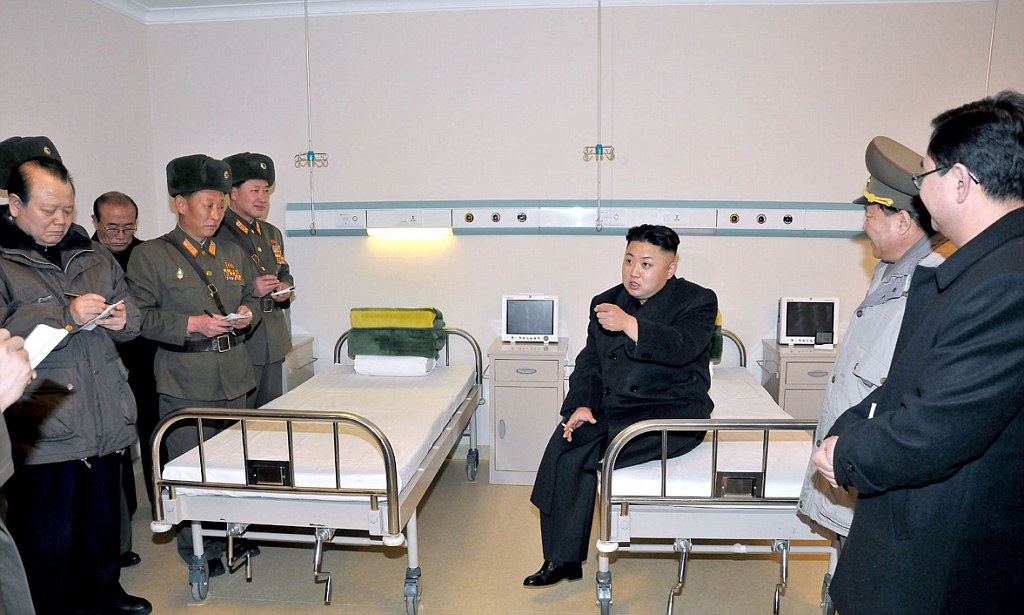
The healthcare system in North Korea is a complex and multidimensional topic that reflects not only the country’s economic and political structure but also the impact of international sanctions and resource management. Despite having a declared state healthcare system, it faces significant challenges that limit its effectiveness and accessibility.
Structure of the Healthcare System
In theory, North Korea operates a centralized healthcare system, where the government provides free health services to all citizens. Care is based on the philosophy of preventive medicine and health promotion. However, the practical implementation of this ideal is very different. The main centers of care are hospitals and clinics in cities, while rural areas often lack adequate facilities. With an aging and poorly maintained healthcare infrastructure, access to basic services becomes a challenge, especially for rural residents.»
Economic Challenges and Limited Resources
The North Korean economy has been under pressure due to international sanctions and internal inefficiency. This translates into a severe shortage of medical resources. Hospitals lack basic supplies such as medications, medical equipment, and trained personnel. The inadequate infrastructure further exacerbates the problem, as many healthcare centers do not meet modern standards.
Diseases and Public Health
An alarming fact is the prevalence of preventable diseases in the country. Malnutrition is a serious issue, particularly affecting children and the elderly. Additionally, infectious diseases such as tuberculosis and HIV/AIDS remain significant concerns in the country. Despite these challenges, vaccination campaigns have made progress in some areas.»
«The Shocking Reality of Healthcare
Accessing medical care in North Korea can be a complicated process. Although services are “free,” in practice, it is common for patients to have to provide their own medications or make donations to hospitals to receive proper care. This creates an additional barrier for those living in poverty.
Conclusions The healthcare system in North Korea is a microcosm of the difficulties the country faces: from economic problems to a lack of fundamental human rights. Despite declarations of a universal health system, the reality falls far short of the ideal. The international community has called for greater transparency and humanitarian support, but changes are slow and challenging in such a closed political environment. The health of the North Korean population reflects the system they live in, and addressing these issues requires a combination of internal improvements and international cooperation.
